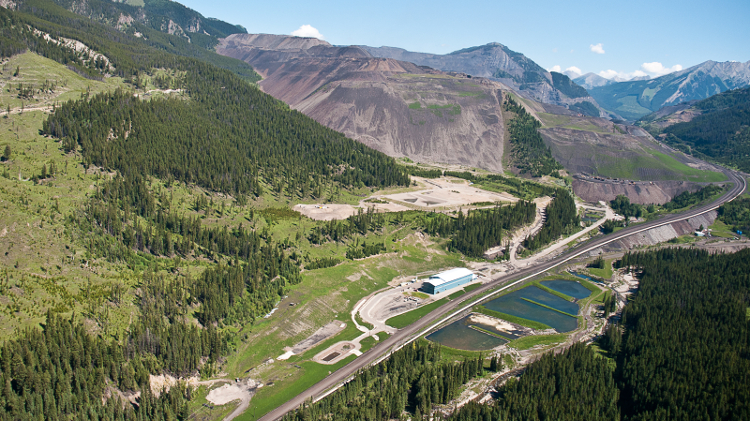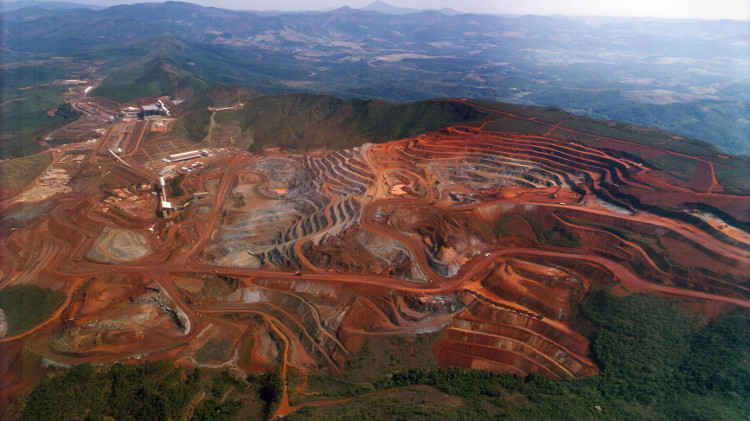President Donald Trump began dismantling several Obama-era initiatives aimed at tackling climate change, proclaiming an end to over-regulation and a “new era in American energy.”
On March 28, Trump signed an executive order mandating the Environmental Protection Agency (EPA) to undo a number of policies included in the ‘Clean Power Plan,’ a 2015 initiative which capped carbon dioxide emissions for states as per the Paris Agreements on climate change. The order “also directs the EPA and the Secretary of the Interior to review and, if necessary, revise or rescind, several regulations that may place unnecessary, costly burdens on coal-fired electric utilities, coal miners, and oil and gas producers,” according to an EPA statement released on the same day. Other eco-policies on the chopping block include clean water protection legislation, greenhouse gas restrictions and a moratorium on new coal mining on federal lands.
“This is what this is all about: bringing back our jobs, bringing back our dreams and making America wealthy again,” Trump declared, flanked by coal miners, in a speech to the EPA on the day he signed the executive order. Trump’s presidential campaign heavily courted the U.S. coal sector, promising to bring back jobs to the beleaguered industry in coaldependent states like Wyoming, West Virginia, Kentucky, Illinois, and Pennsylvania, who collectively represented 71 per cent of the country’s coal production in 2015. He often donned a hard hat during rallies, standing by signs that read “Trump Digs Coal,” declaring at a Louisville rally on March 20 that “a lot of coal miners are going back to work.”
Coal production for energy in the U.S. dropped roughly 20 per cent from 2005 to 2016, with natural gas, nuclear and renewable energy increasingly picking up the slack, according to the U.S. Energy Information Administration. Data from the Department of Labour shows the industry lost some 60,000 jobs from 2011 to 2016.
Many economists and even some industry voices argue that coal’s downturn has more to do with automation, a reduced global demand and increased competition from natural gas than increased regulations.
“Trump has talked about revitalizing the industry, but we haven’t seen any concrete evidence of that,” said Coal Association of Canada president Robin Campbell. “He can repeal laws from the former administration, but natural gas remains the main competitor on the thermal side.”



